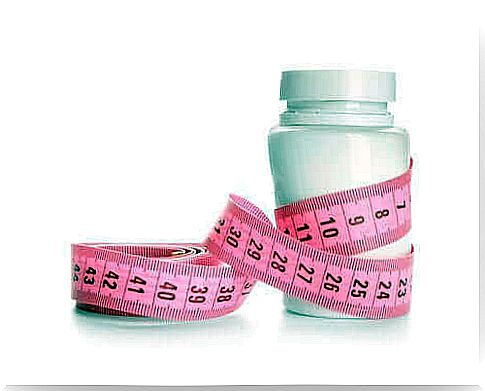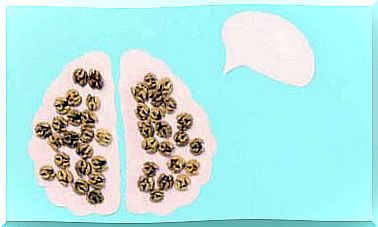Xenical: Remedy For Obesity

Xenical is an anti-obesity drug whose active ingredient is orlistat. This active substance exerts its effect by reducing the absorption of the fat that one consumes from food by 30%.
How does Xenical work?
Xenical is a remedy that works by absorbing fat from foods. However, it does not affect the appetite, as other types of drugs prescribed to treat obesity do.
Your body absorbs the fat that you ingest through your meals, using the action of the enzymes called lipases. This remedy exerts its action on them, which prevents the absorption of fat. As a result of this action, 30% of the fat you consume through meals is eliminated without first being converted in the stool.
Due to its mechanism of action, Xenical helps individuals to lose weight and keep the weight down for a long time. It can also help improve some risk factors for cardiovascular disease such as high blood pressure, high cholesterol levels and high blood sugar levels.
Indications for Xenical

This medicine is prescribed for obese people with a Body Mass Index (BMI) equal to or higher than 30 kg / m2. However, it is also an option in the case of overweight patients with a BMI equal to or higher than 28 kg / m2, if in addition to being overweight they also have risk factors related to it.
If the patient does not lose at least 5% of their initial weight for the first three months of treatment with Xenical, they will need to stop treatment.
How to take Xenical
The usual dose for adults is 120 mg. They should take it just before, during or within an hour after each main meal.
According to studies, the primary elimination route is through the stool. Almost 100% of the dosage is excreted unchanged through the stool. The effect of this drug causes a large increase in fat in the stool after 24-48 hours.
When starting treatment with this remedy, one should always follow a balanced diet low in calories. One’s diet should include a daily intake of fats, carbohydrates and proteins distributed over the three main meals during the day.
Contraindications to this drug
As with all medicines, Xenical has some contraindications, including the following:
- Allergy – you can not take this remedy if you are allergic to it or any of the components of the remedy.
- Malabsorption.
- Children.
- Breastfeeding women.
There are no studies of the effect of this drug on obese patients who also have liver and / or kidney disorders, as well as in the elderly and children.

Does it affect other drugs?
Xenical interacts with other drugs due to the fact that it alters the uptake of certain active ingredients, which may alter its effects.
Very rarely , hypothyroidism with thyroid abnormalities can occur. This effect may occur as a consequence of the fact that this agent reduces the uptake of iodine salt and levothyroxine.
In addition, Xenical reduces the uptake of antiepileptic drugs, which may lead to seizures. It also reduces the uptake of fat-soluble vitamins such as vitamin E and beta-carotene. For this reason, healthcare professionals may advise you to take a dietary supplement while taking this remedy. However, it is important to follow a balanced diet rich in fruits and vegetables.
On the other hand , Xenical enhances the effect of some drugs that are used to lower cholesterol levels. Therefore, it may be necessary for patients to adjust the dosage of the cholesterol lowering agent they are taking.
If you are using contraception, your healthcare provider may recommend that you use methods that create a physical barrier to avoid possible accidents that may occur if you suffer from severe diarrhea due to the effects of Xenical.
Conclusion
Xenical helps a patient to lose weight and keep the weight down. In addition, it helps improve cholesterol levels and reduce one’s risk factors for cardiovascular disease.
However, it is still essential to follow a diet low in calories during treatment and exercise regularly. If you have any further questions, ask your doctor or pharmacist.









